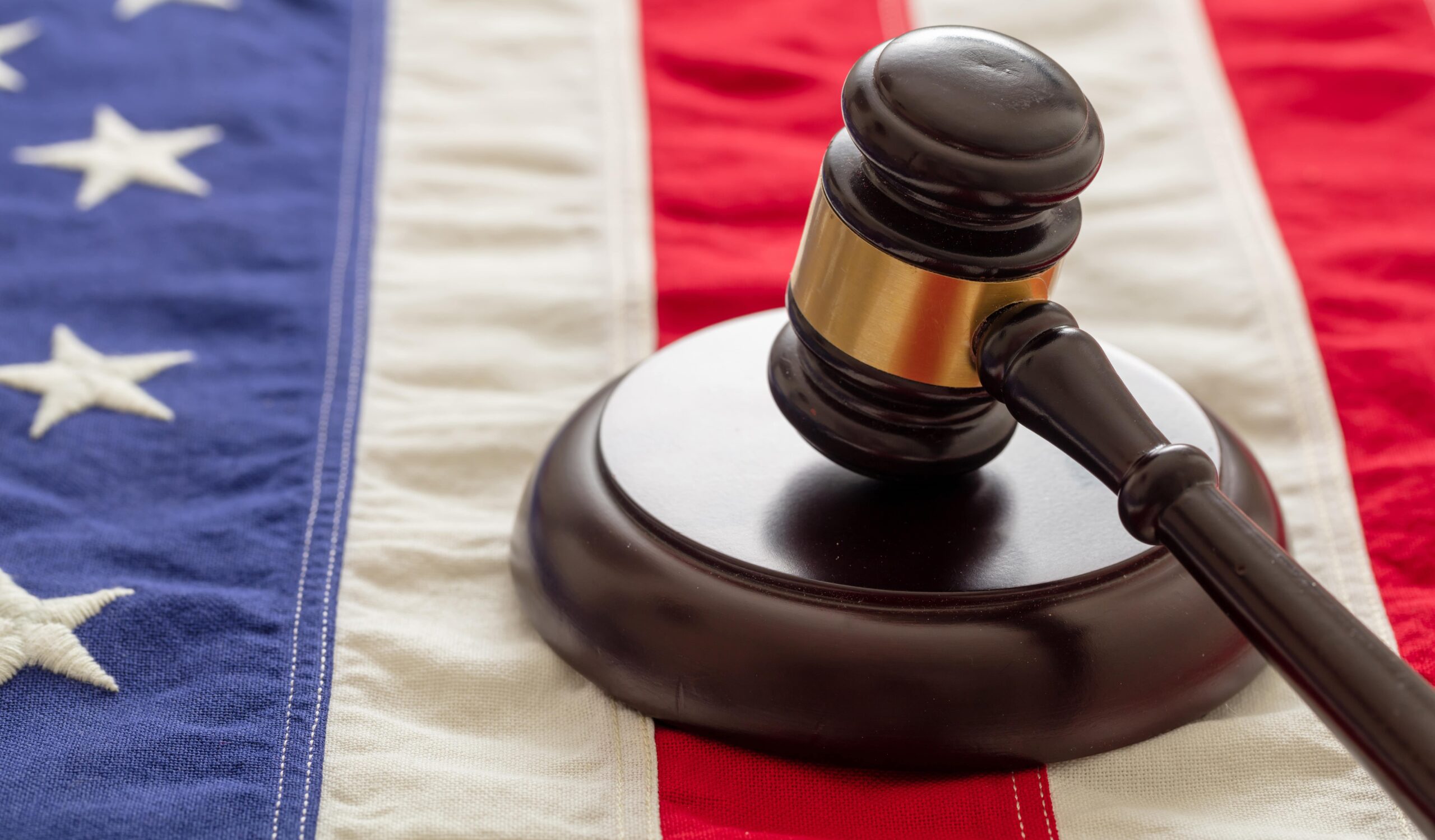Learning that a warrant has been issued for your arrest can be scary and unsettling. In Maryland, there are two types of warrants, a bench warrant and an arrest warrant. And while they sound similar, that’s where the similarities end. But what are the differences?
The terminology can be confusing. Sometimes people refer to a bench warrant simply as a warrant. However, that typically means an arrest warrant. Despite the type of warrant that was issued, it’s imperative that you act quickly to handle the warrant, as failing to do so can make your case more complicated, and you could end up in jail.
If you or someone you love has learned that a warrant has been issued for their arrest, it’s essential to know the difference between the two types of warrants. This article will discuss bench and arrest warrants and what to do if you have a warrant in Maryland.
Bench Warrants
A district or circuit court judge issues a bench warrant from the bench. They are typically issued in court when the defendant doesn’t appear at a required court hearing. When the warrant is issued, it’s forwarded to the police station closest to the person’s home to be served on the defendant.
Bench warrants can differ. If a bench warrant is issued for a traffic offense or a misdemeanor, a bench warrant may be issued with a preset amount of bail or instructing the commissioner to set bail.
However, if you miss a felony hearing, a no-bail bench warrant may be issued. A no-bail bench warrant means you are not eligible for bail, so you will be held in jail until your trial begins or you appear before a judge in a bail review hearing.
Quashing a Bench Warrant
The judge who issued the bench warrant can cancel it as easily as it was issued. Your criminal defense attorney would do this by filing a motion to quash the bench warrant. However, only the judge who issued the bench warrant can drop it, meaning that the state’s attorney or the prosecutor cannot decide to cancel the bench warrant.
In the motion to quash, your attorney will explain to the judge why they should cancel the bench warrant by providing information as to why you missed your court hearing. If the judge agrees, they will grant the motion, and you will no longer be at risk of being arrested.
Arrest Warrants
An arrest warrant will be issued if you are being charged with a crime. If a judge determines there is probable cause that an individual has committed a crime, they will issue an arrest warrant.
After the arrest warrant is issued, police will track down and arrest the defendant, especially if the crime was a felony. The arrest can be made wherever the police locate the individual (at work, home, public, etc.)
The defendant will be transported to jail after they are arrested and will remain there until their arraignment. Taking into consideration the seriousness of the crime committed and if the defendant could be a flight risk, the judge can set bond or order that the defendant remains in jail until their trial.
What to Do If You Have a Warrant in Maryland
A warrant won’t go away if you ignore it, and ignoring it could potentially make matters worse. So if you have a warrant in Maryland, here are some things you should do.
- Remain Calm — While staying calm after learning you have a warrant issued can be challenging, becoming angry or agitated can lead you to act irrationally, which can hurt your case.
- Keep Quiet — You may be tempted to talk to others about your warrant. Although sharing information with your criminal defense attorney and a couple of select family members, try to keep quiet about your warrant as much as possible.
- Hire a Criminal Defense attorney — Having an experienced criminal defense attorney on your side when dealing with a warrant is essential. They focus on criminal defense, meaning they solely focus on defending people against criminal charges. They can examine the evidence against you and create a defense strategy to fight the charges you’re facing.
Let a Criminal Defense Attorney in Maryland Be Your Advocate
If you still have questions about bench and arrest warrants, or if you have a warrant out for your arrest, seeking the assistance of an experienced, qualified criminal defense attorney is vital. Your attorney can work to help ensure you avoid jail time, if possible, based on a warrant issued by the courts.
At Jeremy Widder Law, we know how overwhelming it can feel to face legal matters. We are committed to walking with you from start to finish and ensuring your case gets the individualized attention it deserves. We deliver top-notch legal representation backed by years of experience.
Contact us today for a consultation.






